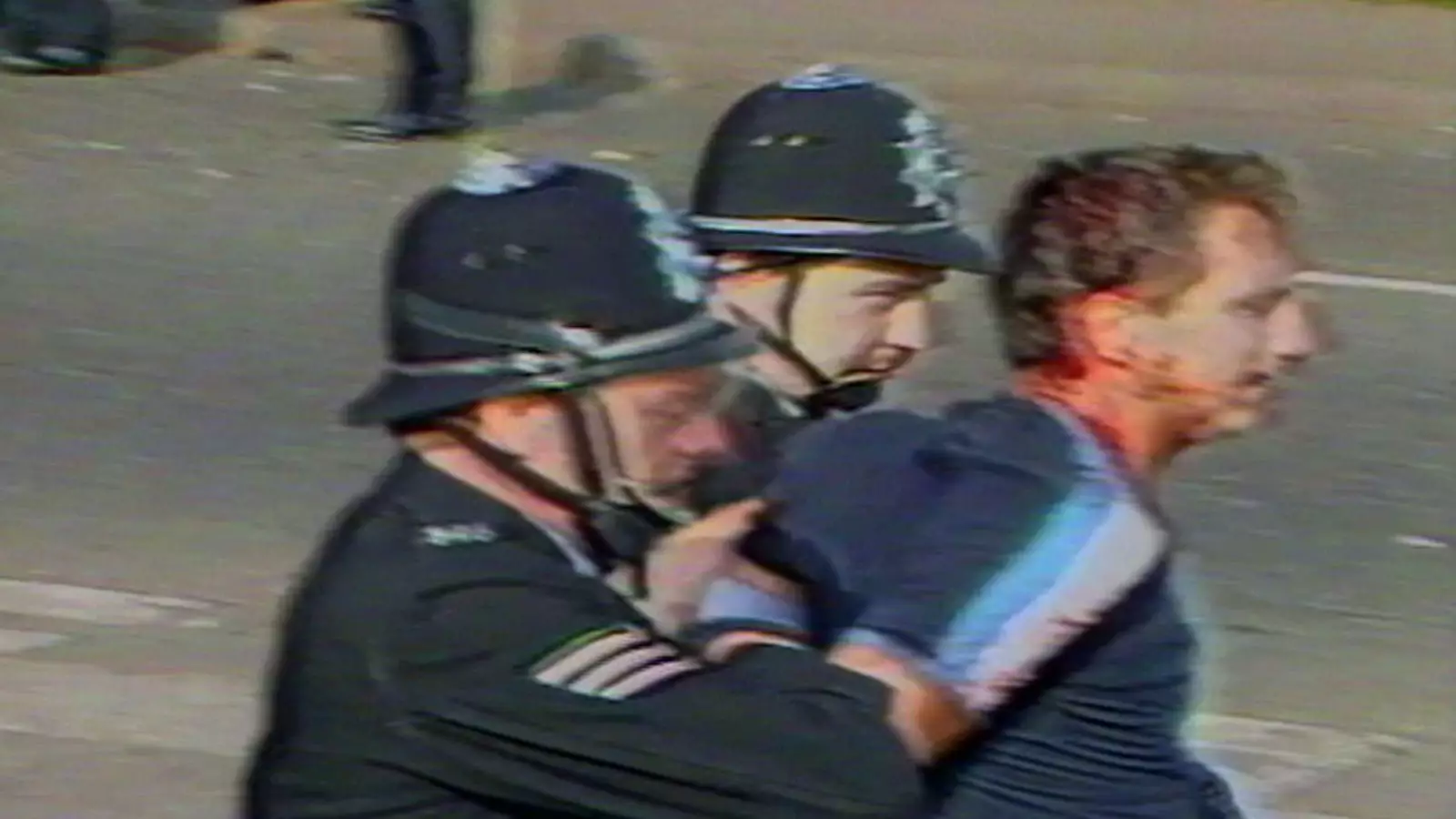The upcoming public inquiry into the infamous Battle of Orgreave symbolizes more than just reopening old wounds; it embodies a long-overdue attempt to confront state-sanctioned violence and systemic injustice. For decades, this event has been marred by misinformation, political cover-ups, and a profound silencing of the victims’ voices. As a society, we are compelled to scrutinize whether justice has truly been served or if this inquiry is merely a symbolic gesture that arrives late in the narrative of a fractured era.
The confrontation on June 18, 1984, was not simply a clash between miners and police—it was a microcosm of the broader social, economic, and political tensions gripping Britain under Thatcher’s government. Over five thousand picketers faced an equally sizable police force wielding horses, batons, and shields in what many now see as a deliberate effort to suppress dissent. The violence was brutal, indiscriminately inflicted upon those who, at that time, were portrayed as lawbreakers, but who in reality were protesting against economic policies that decimated their communities.
What makes this chapter so critical to reopen is not merely the violence itself but the aftermath—injustice compounded by misinformation, wrongful arrests, and a dismissive attitude towards the injured. The mass arrests, subsequent trials, and then the collapse of all cases due to police evidence unreliability reveal a disturbing pattern: the state’s failure and, arguably, complicity in concealing the truth about what transpired. Miners and their families have endured decades of suffering—both physical and psychological—yet official acknowledgement of the injustice has been minimal or outright dismissive.
Why Should We Care About the Delay?
The delay in calling a public inquiry reflects a troubling tendency to ignore or minimize systemic wrongdoings under political expediency. When the then-government refused to investigate, they effectively permitted an unchecked narrative that framed miners as villains, perpetuating a culture of impunity. The refusal to address the truth for so many years is emblematic of a broader hesitance within Britain’s political establishment to confront inconvenient histories that challenge national self-identity.
The prompting of the inquiry under a liberal government hints at a political will to heal wounds, but it is not enough. Justice, in these contexts, should be measured by action, transparency, and accountability—not merely the symbolism of hearings. The decision to appoint church figures and legal experts to lead the investigation suggests a genuine attempt to restore trust, but skepticism remains—have enough documents been declassified? Have the police’s questionable tactics been fully examined? Past promises of transparency have often fallen short, and it remains to be seen whether this inquiry will transcend superficial probing and truly uncover the uncomfortable truths.
The testimonies of individuals like Carl Parkinson and Chris Skidmore encapsulate the human toll—the horror of seeing friends injured for simply exercising their right to peacefully protest. Their stories underscore that this isn’t just about uncovering facts but about acknowledging pain, systemic failures, and the need for societal reckoning. It is a stark reminder that justice delayed too long risks being justice denied.
Restoring Faith in Justice and Reforming Police Accountability
One of the most pressing issues surrounding the Orgreave inquiry is the broader question of police transparency and accountability. For too long, systemic flaws have allowed misconduct to fester under the guise of maintaining order. The police’s failure to identify officers involved and the absence of a comprehensive review of their tactics further deepen doubts about their role in this historic miscarriage of justice.
The financial compensation paid to victims, though necessary, is a gesture rooted in acknowledgment of harm rather than true accountability. True justice requires an institutional reckoning—full transparency, disciplinary action against those implicated, and meaningful police reforms. Restoring public confidence in law enforcement means confronting uncomfortable histories head-on and ensuring such abuses never recur.
The discourse surrounding Orgreave should serve as a catalyst for broader societal reflection on the use of state power against marginalized communities. The event exemplifies how narratives can be manipulated, and justice can be thwarted when political convenience takes precedence over truth. For liberals committed to justice and social equity, this is an imperative moment—an opportunity to hold the institutions accountable, repair fractured trust, and honor the suffering of those who endured it.
In the end, the inquiry is more than just a resolution of ancient grievances; it is a test of our collective willingness to confront history, accept accountability, and forge a future built on transparency and justice. How Britain chooses to face this moment will define its commitment to uphold human rights and the dignity of all citizens—especially those who have been silenced for far too long.

Leave a Reply